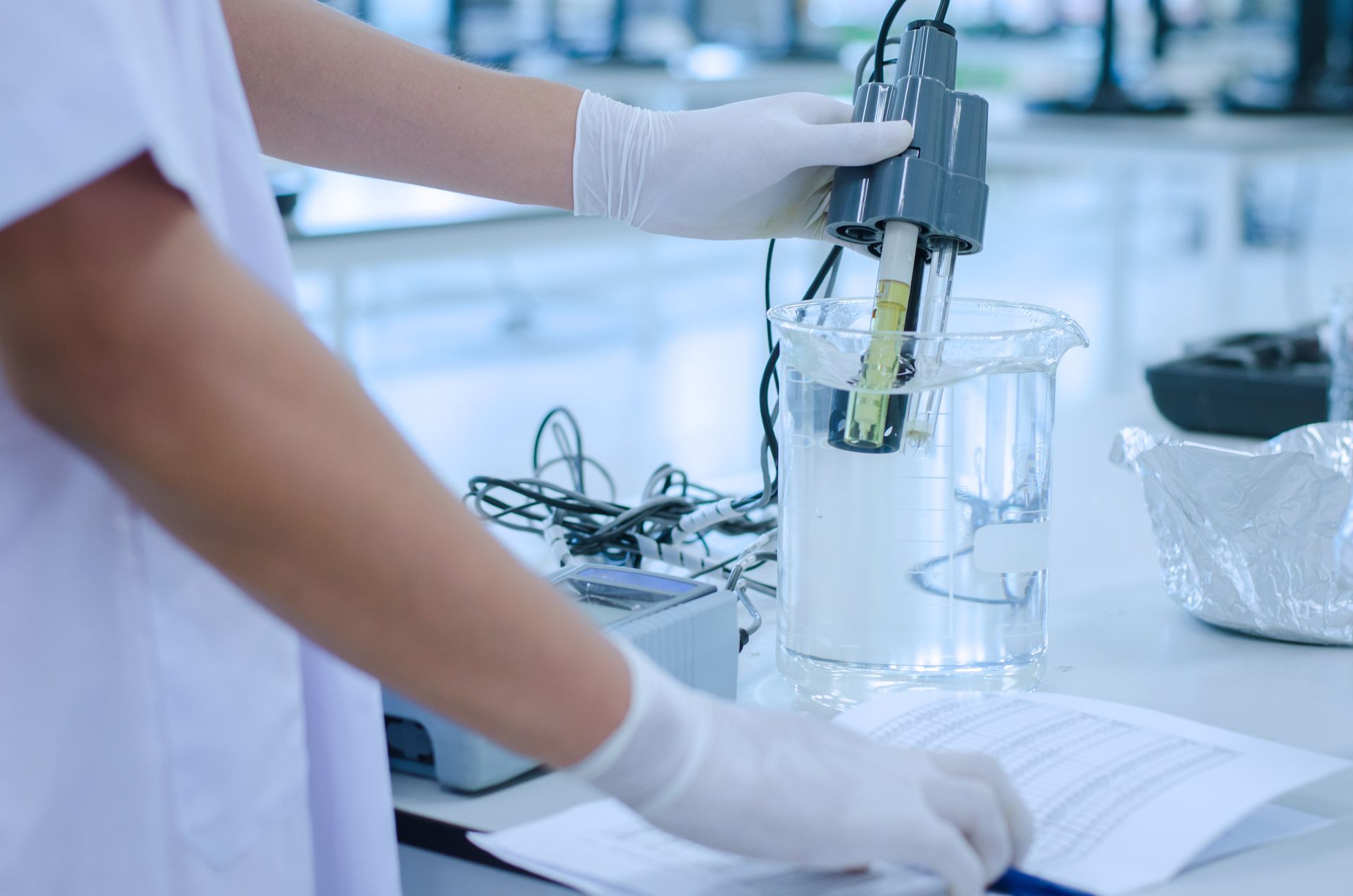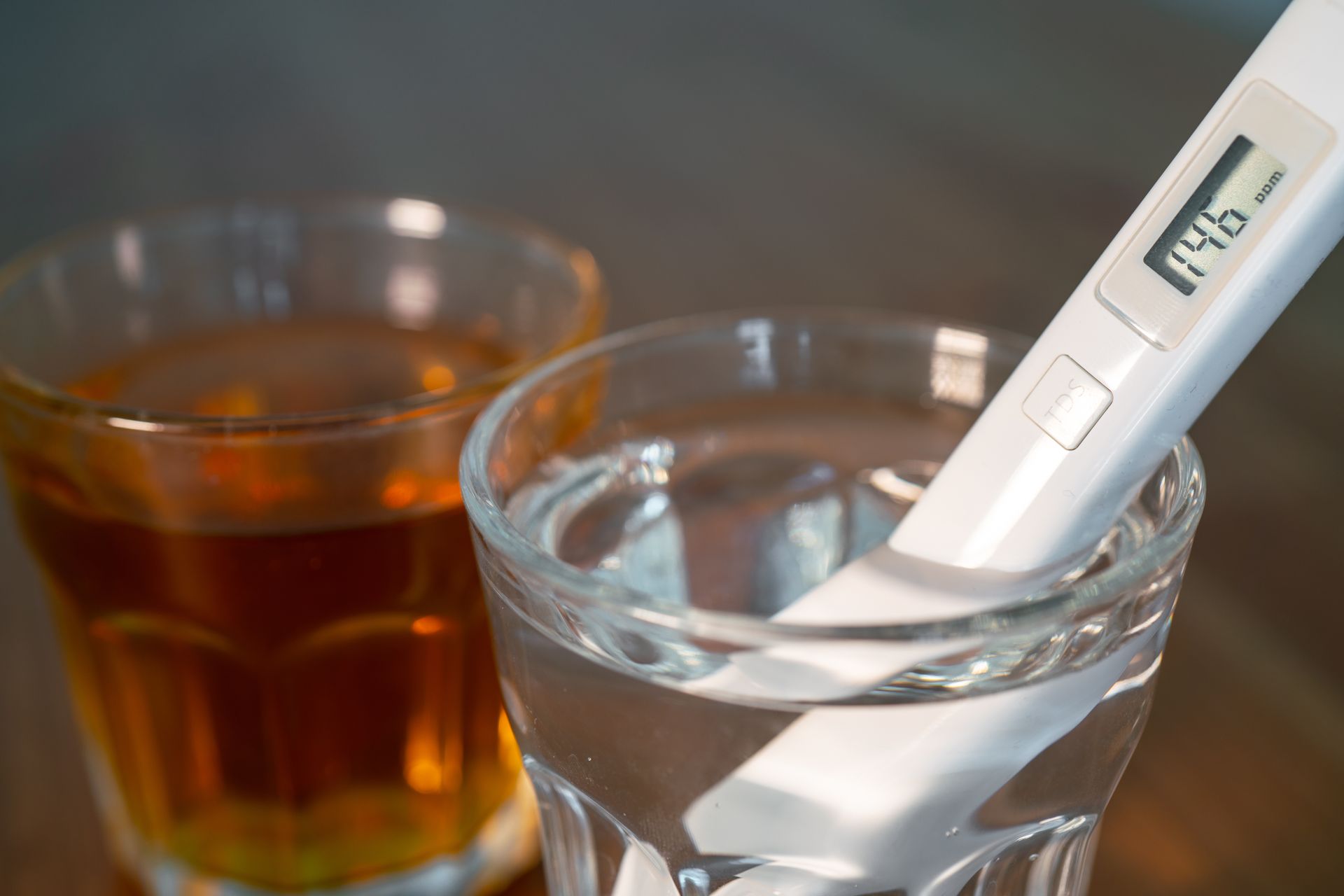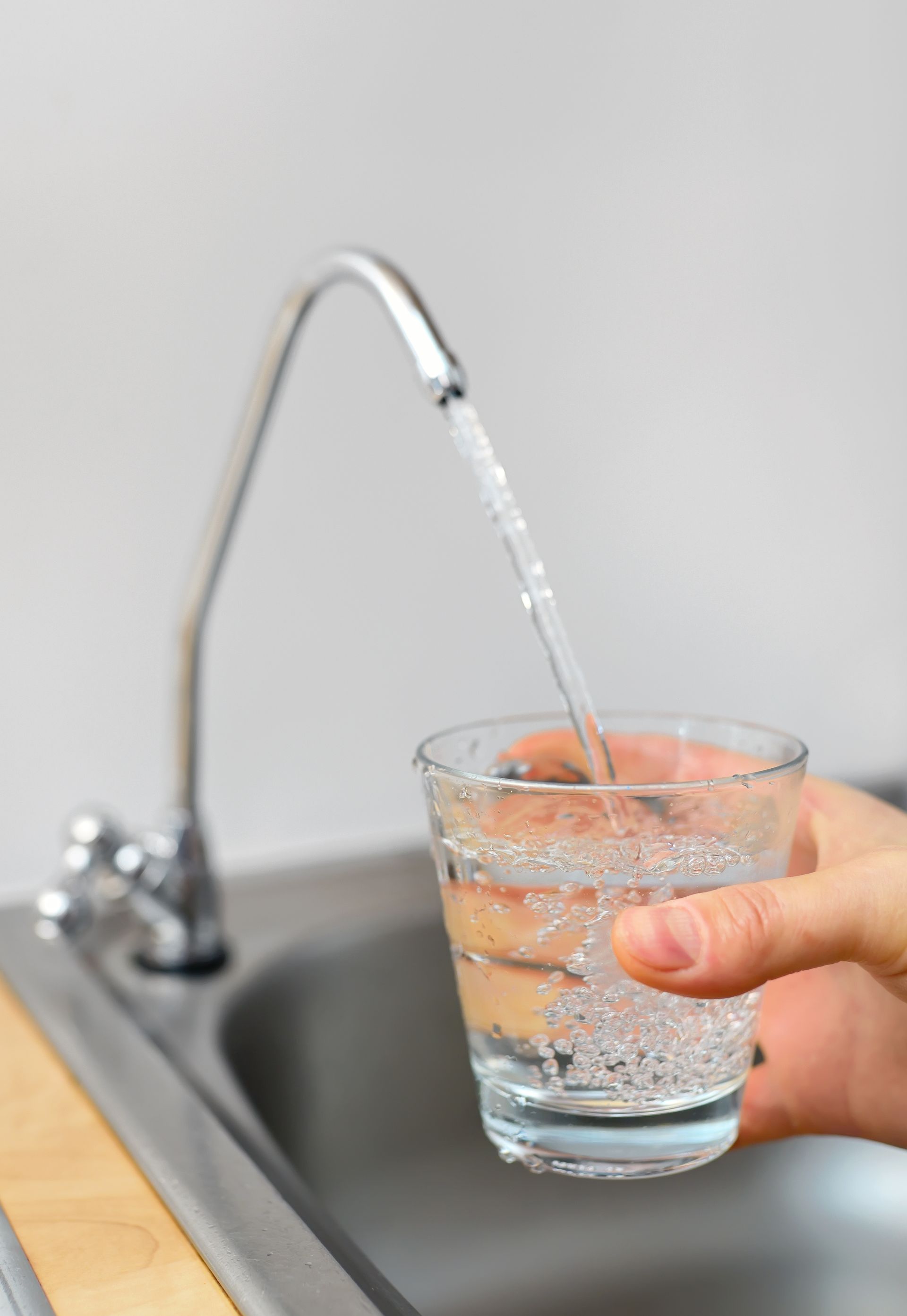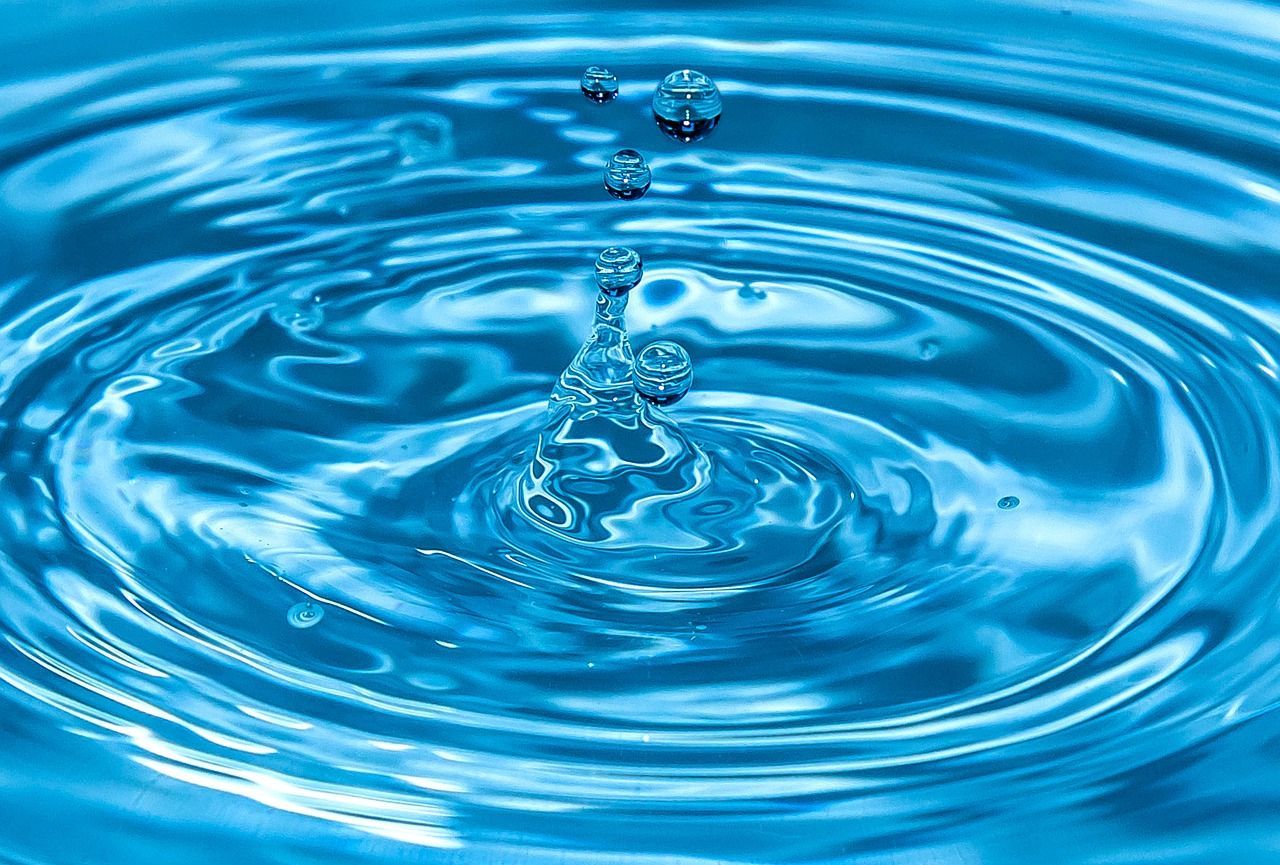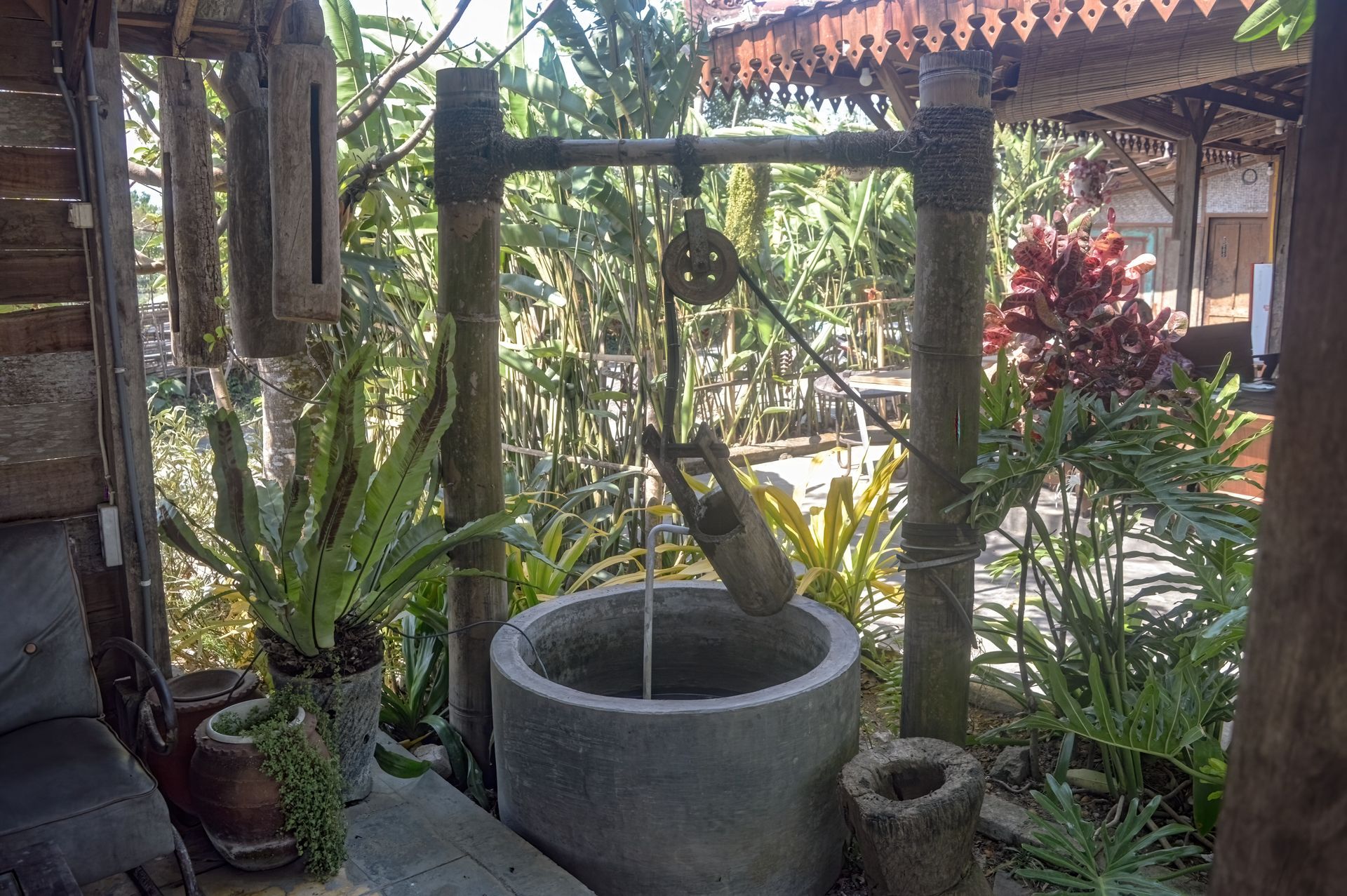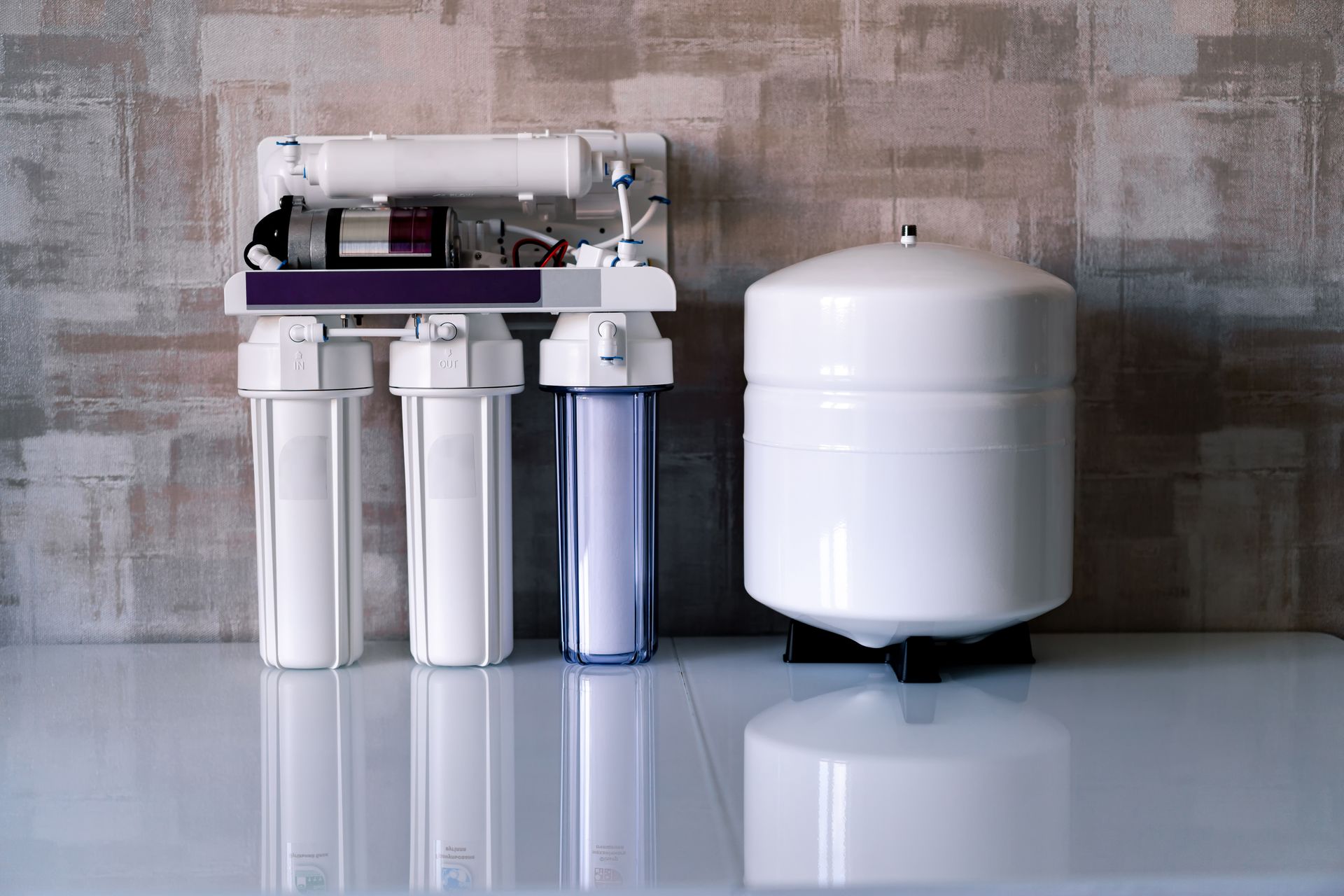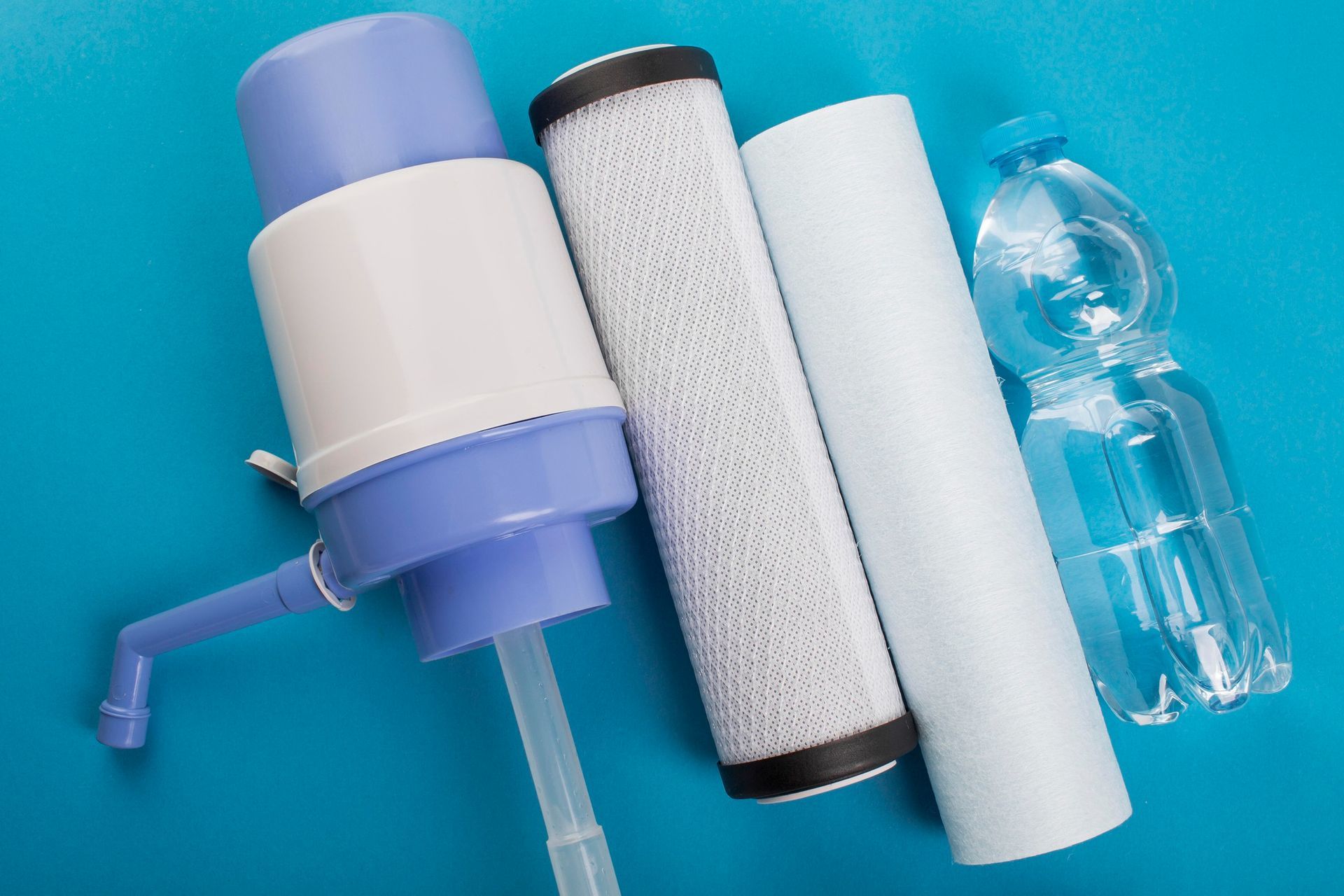Primary Solutions Consulting
8 Most Common Water Quality Problems
Water quality is an important issue that affects everyone. There are a variety of water quality problems that can occur, and they can have serious consequences. You should be aware of the most common water quality problems so that you can take steps to prevent them. Here are 8 of the most common water quality problems:
1. Contamination
There are many different types of water contamination, but they can broadly be divided into two categories: point source and nonpoint source contamination.
Point source contamination comes from a specific location, such as an industrial plant or a sewage treatment facility. Non-point source contamination, on the other hand, comes from diffuse sources, such as agricultural runoff or urban stormwater.
Contamination can also come from natural sources, such as radon gas in groundwater. Whatever the source, contaminated water can pose serious risks to human health and the environment. Wells can become contaminated with bacteria, viruses, and other pathogens that can cause disease. Surface water can become polluted with toxic chemicals that can kill fish and other aquatic life.
And groundwater can become contaminated with heavy metals and other pollutants that can leach into drinking water supplies. To protect our health and our environment, it is essential to prevent water contamination at its source.
2. Poor Taste
Poor taste is one of the most common water quality problems reported by consumers. While chlorine is added to municipal water supplies to disinfect the water and kill harmful bacteria, it can also give the water an unpleasant taste.
Depending on the amount of chlorine present, water can taste anything from slightly chlorinated to heavily chlorinated. In some cases, the chlorine taste can be so strong that it is unpalatable. Additionally, water that has a high mineral content can also have an unpleasant taste. Hard water, for example, often has a metallic taste due to the high levels of calcium and magnesium present.
While poor taste is generally not a health concern, it can be a nuisance for many consumers.
3. Odor
One of the most common water quality problems is odor. While some people may find the smell of chlorine to be unpleasant, it is actually a sign that the water has been treated and is safe to drink.
However, if the water has a musty or earthy smell, it could be due to bacteria growth. This is often caused by a problem with the well itself, such as cracks in the casing or a broken seal.
Another common cause of water odors is algae growth. This can make the water taste and smell grassy or fishy. Algae blooms can also discolor the water, making it appear green or cloudy. While algae blooms are not usually harmful, they can indicate that there are too many nutrients in the water, which can lead to problems further down the line.
If you notice any strange odors in your water, it is important to contact your local water authority to have the problem investigated.
4. Chlorine Taste and Smell
Water quality problems come in many different forms, but one of the most common is chlorine taste and smell. This problem is caused by the presence of chlorine in the water, which can come from a variety of sources. The most common source of chlorine is from municipal water treatment plants, where it is used to kill bacteria and other harmful contaminants.
However, chlorine can also enter the water through industrial discharge or agricultural runoff. Regardless of the source, chlorine can cause a number of problems for people who consume it. The most obvious problem is the unpleasant taste and smells that it can impart to water.
In addition, chlorine can also cause skin irritation, headaches, and respiratory problems. As a result, it is important for people to be aware of the potential problems that chlorine can cause and take steps to reduce their exposure to it.
5. Hard Water
Hard water is one of the most common water quality problems in the United States. Hard water is water that contains high levels of dissolved minerals, such as calcium and magnesium. These minerals can be deposited on surfaces throughout your home, causing a number of problems. For example, hard water can cause appliances to become less efficient and may even shorten their lifespan.
In addition, hard water can make it difficult to get soap and shampoo to lather, and it can leave behind mineral deposits on hair and skin. The good news is that there are a number of ways to treat hard water. Water softeners use ion exchange to remove the dissolved minerals from the water, and they can be very effective in reducing the harmful effects of hard water.
If you are concerned about the quality of your water, consider having it tested by a qualified professional.
6. Low pH Levels
Low pH levels are a common water quality problem that can have serious consequences for both people and the environment. When pH levels are too low, water becomes more acidic and can dissolve metals from pipes and fixtures, leading to contamination. Acidic water can also be harmful to plants and animals, making it difficult for them to thrive.
In addition, low pH levels can cause corrosion in infrastructure and lead to problems with water treatment. As a result, it is important to take steps to raise the pH level of water if it is too low.
There are a variety of methods that can be used to raise the pH level of water, including adding chemicals or using aeration. With proper treatment, the effects of low pH levels can be minimized.
7. Metallic Tastes and Smells
Metallic tastes and smells in water are usually the results of elevated levels of iron, manganese, or copper. While these elements are not harmful to human health at low levels, they can give water an unpleasant taste or odor.
In addition, elevated levels of metals can cause staining on plumbing fixtures and clothing. If you notice a metallic taste or smell in your water, it is important to have the water tested by a certified laboratory. You may also want to have your water softener checked, as high levels of metals can cause the softener to become less effective.
If you have a private well, you should have your well water tested annually to ensure that it is safe to drink.
8. Bacteria
While most bacteria are harmless or even beneficial, there are some types that can pose a risk to human health. These dangerous bacteria can enter the water supply through sewage overflows, animal waste, and runoff from agricultural operations.
Once in the water, they can spread quickly and cause serious illness. Symptoms of bacterial infections include vomiting, diarrhea, and fever. In severe cases, bacteria can lead to death. To protect against these risks, water treatment plants work to remove harmful bacteria from the water supply.
By regularly testing the water for bacteria and taking steps to remove them, we can help keep our drinking water safe from harmful contaminants.
Water quality is an important issue that should be given consideration by everyone. There are a variety of water quality problems that can have serious consequences for human health and the environment. By being aware of these problems and taking steps to mitigate them, we can help protect ourselves and our planet.
At
Primary Solutions Consulting, we believe that knowledge is key when it comes to making the right choice for water treatment systems. We don't rely on high-pressure sales tactics or gimmicks - just straightforward information and honest advice. Whether you're looking for a water softener, filter, salt-free system, purification system, or service, we can offer you something different than what you've experienced in the past. Our goal is to educate you about the pros and cons of each system so that you can make an informed decision based on facts and logic rather than emotion. When you are educated about your options, it makes choosing a water treatment system much easier!
If you're interested in learning more about water treatment systems and making an informed decision, contact
Primary Solutions Consulting today. We would be happy to provide you with the information and resources you need to make the best choice for your home or business!

